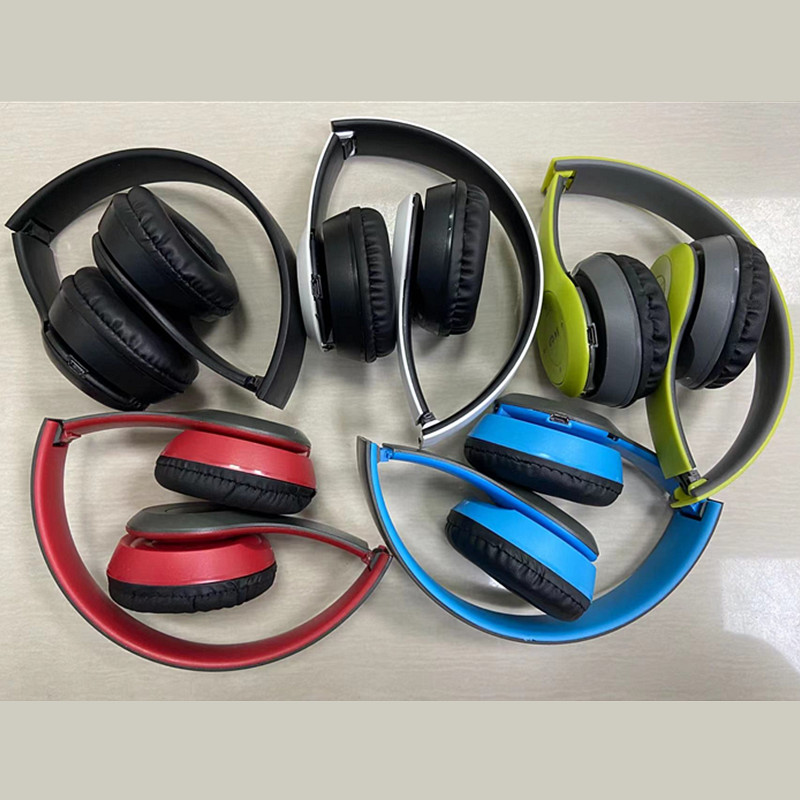Spotify has been filling your strategies with fake artists and music it barely pays for, in step with in-depth report
- Spotify is reportedly pushing “ghost artists” into many playlists
- Ghost artists are very similar to muzak: it’s music to be inside the background
- Some staff have refused to take part
Who makes the music you’re streaming? On some Spotify playlists it will not be who you assume. A bombshell new report in Harper’s journal says {{that a}} program referred to as Good Match Content material materials, PFC for temporary, is stuffing some playlists with cheaply produced content material materials.
The report goes into good component, nevertheless that is the fast mannequin: considerably than give specific individual artists some much-needed publicity in some playlists, Spotify is purchasing for in music from manufacturing companies who efficiently make musical wallpaper. It’s music that’s designed notably to sound pretty like completely different of us’s music and to cost Spotify as little as doable. After which Spotify’s private staff are giving that music undue prominence in playlists on the expense of various artists.
That’s good for Spotify’s bottom line, on account of it means even a lot much less money goes to musicians; many music manufacturing companies pay a small flat fee with out principal future royalty funds going to the musicians. Nevertheless as a result of the Harper’s report argues, “it raises worrying questions for all of us who take heed to music.”
The place are the ghost musicians on Spotify?
The playlists are ones primarily designed to be listened to inside the background; assume “chill instrumental beats” and “lo-fi house”. And the music is being pushed into these playlists to make each playlist additional worthwhile, ie. to make it pay a lot much less to musicians. As Harpers’ Liz Pelly locations it, the idea is easy: why pay full royalties if individuals are solely half listening?
The difficulty with that is that Spotify’s considered what constitutes background music is what many individuals would merely identify, successfully, music. Suppose ambient music, classical music, electronica, jazz, lo-fi beats… you get the idea.
The rationale it’s a downside is that there is already tons of ambient, classical, electronica, jazz, lo-fi beats and completely different music on Spotify. And if that’s being pushed down the playlists in favor of music Spotify has bought in notably on account of it’s generic nevertheless cheaper, that’s going to wreck not merely the careers of musicians in these genres however as well as the genres themselves.
Pelly explains it very successfully in her piece:
“Spotify had prolonged marketed itself as the ultimate phrase platform for discovery—and who was going to get captivated with ‘discovering’ a bunch of stock music? Artists had been purchased the idea that streaming was the ultimate phrase meritocracy – that the easiest would rise to the very best on account of clients voted by listening. Nevertheless the PFC program undermined all this.”
Pelly gives, nonetheless, that “Spotify denies that staffers had been impressed in order so as to add PFC to playlists, and that playlist editors had been discontented with this method.” I prefer to advocate finding out the full piece and the quotes from editors, along with Spotify’s responses to specific individual components, to kind your private opinion.
And now there’s AI…
When you check out Spotify by way of this lens, its embrace of AI – Spotify boss Daniek Ek, whose internet worth is bigger than any musician who ever lived, could also be very captivated with it – begins to look tons a lot much less pleasurable: is the goal of AI truly to boost your listening experience, or is it to stream the musical equal of crappy AI photos?
Everyone knows that many AI packages have been expert using what artists and artists’ organisations would characterise as widespread and blatant copyright infringement with a goal to churn out copies of the similar artists’ work; it will not be just about pretty much as good, however it is a rattling sight cheaper.
As I wrote last month, “A number of years once more, a music enterprise educated instructed me that music companies didn’t care about music; they’d promote Brillo pads crammed with custard if that’s the place the money was.” Swap custard pads for ghost artists and it’s the similar deal.
As one former Spotify playlist editor instructed Pelly about AI pumping out audio similar to the PFC program does, “I’m sure it’s one factor that AI may do now, which is kind of scary.”






